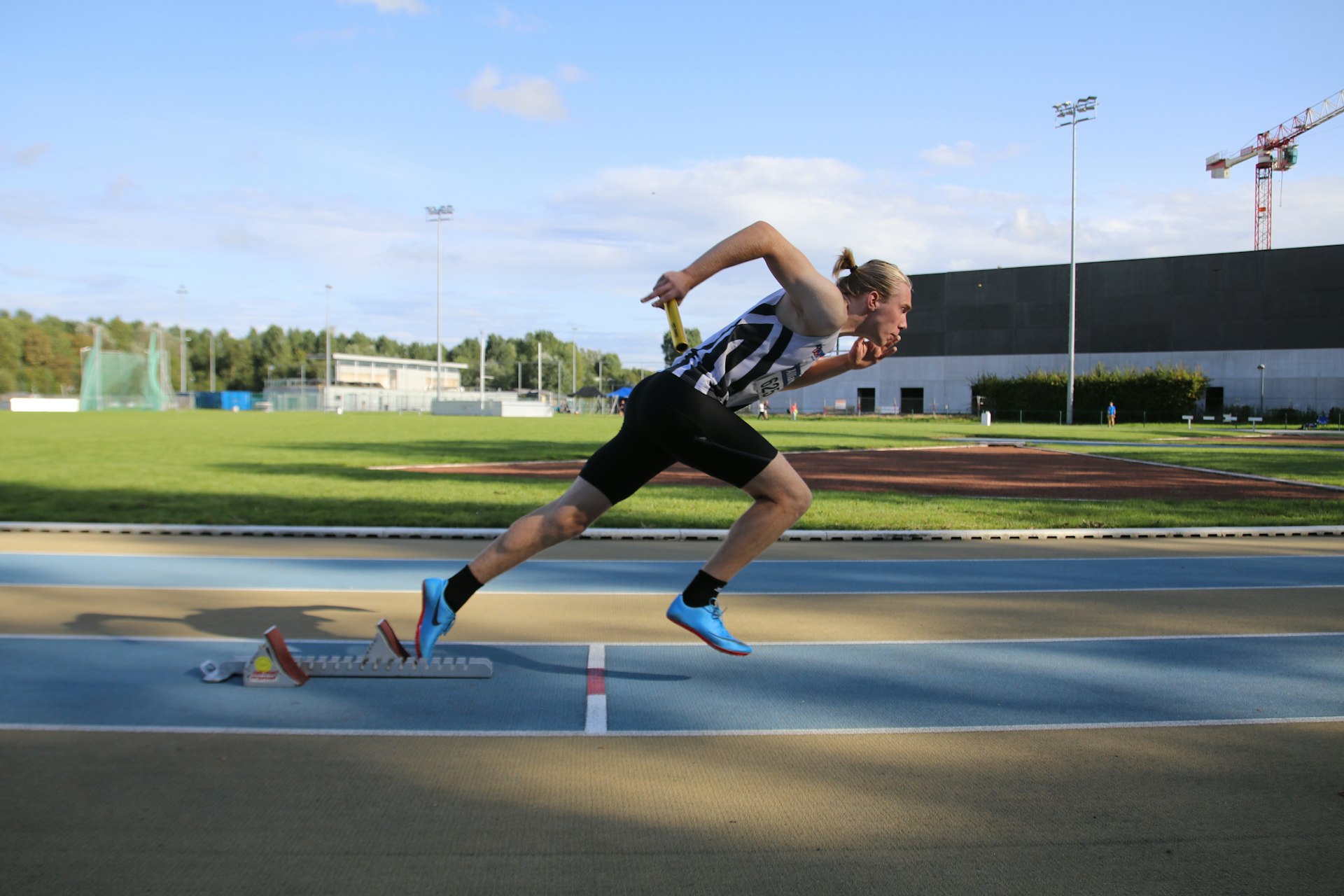Emerging Sports in the Olympic Games: Trends, Access, and Future Potential

Photo by Douglas Schneiders on Unsplash
Introduction: The Rise of Emerging Sports in the Olympic Landscape
Global sporting culture is constantly evolving. As athletic interests diversify and new sports gain traction, the Olympic Games serve as a showcase for both tradition and innovation. The inclusion of emerging sports in recent and upcoming Olympic cycles reflects the International Olympic Committee’s (IOC) desire to connect with younger audiences, keep the competition relevant, and provide new opportunities for athletes worldwide. This article examines current trends, practical steps for engagement, and the broader impact of emerging sports on the Olympic movement.
Understanding Emerging Sports: Definition and Background
Emerging sports are athletic disciplines that have recently gained international popularity or are newly recognized by major multi-sport events. These sports may have substantial followings in specific regions but are only now receiving global exposure. The pathway for an emerging sport to reach the Olympic Games is rigorous: it often begins with recognition by the International World Games Association (IWGA) and inclusion in events like The World Games [1] [5] . Over time, sports demonstrating international appeal, governance, and gender equity may be considered for Olympic inclusion.
Recent Examples: New Sports in the Olympic Program
The Tokyo 2020 Olympics saw the debut of sports such as skateboarding, sport climbing, surfing, and karate. Paris 2024 is set to introduce breaking (breakdancing), reflecting a focus on youth-driven, urban sports. These decisions result from years of lobbying, demonstration events, and grassroots growth. Each new addition undergoes evaluation based on criteria set by the IOC, including global participation rates, organizational stability, audience engagement, and alignment with Olympic values.
The World Games: A Launchpad for Olympic Inclusion
The World Games, most recently hosted in Chengdu, China in 2025, plays a critical role in the journey of emerging sports. The 2025 edition featured 34 sports and 60 disciplines, many of which are not yet Olympic events but demonstrate significant competitive and spectator appeal. Sports such as squash, wushu, tug of war, finswimming, and wakeboarding were included, offering a glimpse into potential future Olympic events [1] [5] . Athletes, coaches, and federations use this platform to showcase the sport’s viability, build international support, and address criteria for Olympic consideration.
Benefits of Including Emerging Sports
The introduction of new sports brings multiple benefits. For athletes, it provides pathways to international competition and recognition that may have previously been unavailable. For fans, the Games become more exciting and diverse, with fresh stories and skills on display. For host cities and organizers, the inclusion of urban and action sports often results in higher engagement from younger demographics and increased media coverage. These trends support broader Olympic goals around inclusion, diversity, and global relevance.

Photo by Juan Pablo Mascanfroni on Unsplash
How to Access Opportunities in Emerging Olympic Sports
Whether you are an athlete, coach, event organizer, or fan, there are several practical ways to get involved in emerging Olympic sports:
- For Athletes: Begin by connecting with national and international federations governing your sport. Participation in recognized competitions, especially those under the IWGA or similar organizations, is often required for Olympic pathway eligibility. Athletes may also benefit from specialized training programs, many of which are listed through their sport’s official federation.
- For Coaches and Officials: Certification programs and officiating courses are typically available through national governing bodies. These credentials are essential for involvement at higher levels of competition and are often prerequisites for international events.
- For Event Organizers: Hosting sanctioned events is a key way to build a sport’s profile. Organizers should consult with the relevant international federation for qualification standards, event requirements, and application processes.
- For Fans: Stay informed by following official sport federation websites, attending local competitions, and engaging with athletes on social media. Many emerging sports have active online communities where fans can learn about upcoming events, rules, and athlete stories.
For a comprehensive list of recognized international federations, you can visit the official International Olympic Committee website and search for “Recognized Federations.” This ensures you are accessing current and official information.
Implementation Steps: Advancing Emerging Sports
For those seeking to advance an emerging sport toward Olympic inclusion, the process typically involves:
- Building a strong national and international federation with clear governance and anti-doping policies.
- Demonstrating global participation with member countries across different continents.
- Organizing international competitions that attract athletes from diverse nations and regions.
- Promoting gender equality and inclusivity within the sport.
- Engaging with the IOC and IWGA through formal applications and ongoing dialogue.
Many sports use The World Games as a proving ground, working closely with the IWGA to refine their presentation and organizational standards [1] . Success stories include sports like karate and sport climbing, both of which progressed from The World Games to the Olympic stage in recent cycles.
Challenges and Solutions
The path to Olympic inclusion is not without obstacles. Emerging sports often face challenges such as limited funding, lack of global infrastructure, and the need for standardized rules. Solutions typically include forging partnerships with established federations, leveraging digital media for global outreach, and pursuing grassroots development to grow participation. Additionally, adherence to anti-doping and fair play regulations is crucial for Olympic consideration.
Alternative Pathways: Special Olympics and Paralympic Movements
Alternative platforms like the Special Olympics and Paralympic Games offer additional opportunities for emerging sports to reach international audiences. For example, the 2025 Special Olympics Northern California Summer Games highlighted swimming, track & field, bocce, and tennis, providing athletes with disabilities a chance to compete and showcase their skills [4] . These events reinforce the importance of inclusion and serve as models for expanding access in emerging sports.
Future Outlook: What’s Next for Emerging Sports?
The future of emerging sports in the Olympic Games is dynamic. As global interests shift and new sports capture public imagination, the IOC remains open to expanding the program. The process is highly competitive, but sports that demonstrate wide participation, youth appeal, and strong governance may find a place in future Games. The continued evolution of global events like The World Games offers a pipeline for the next generation of Olympic disciplines.
Key Takeaways and Next Steps
Emerging sports are reshaping the Olympic landscape, offering new opportunities for athletes, fans, and organizers. To access these opportunities, individuals should engage with official federations, participate in recognized events, and stay informed through reputable sources. For sports seeking Olympic inclusion, building a global presence, ensuring inclusivity, and maintaining high standards are essential. As the movement grows, everyone has a role to play in supporting the next wave of Olympic sports.
References
MORE FROM nicoupon.com













